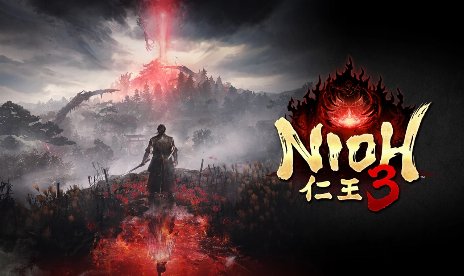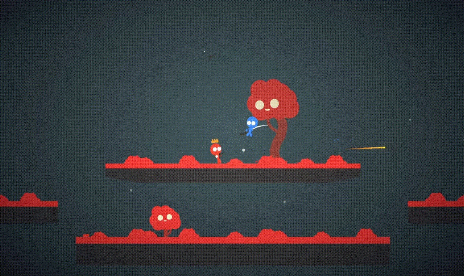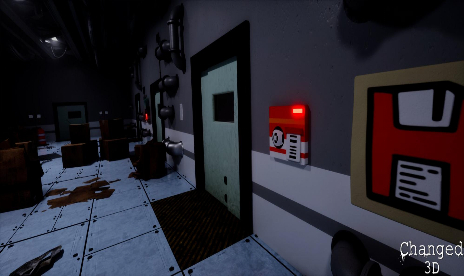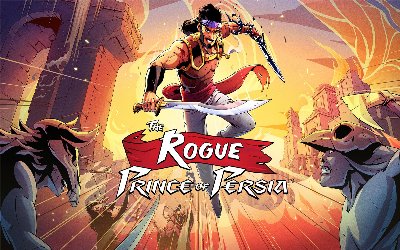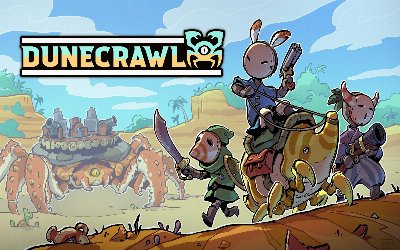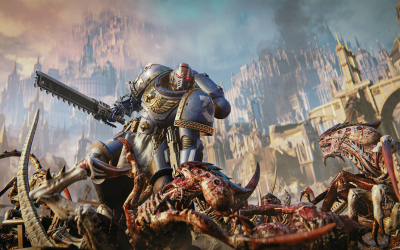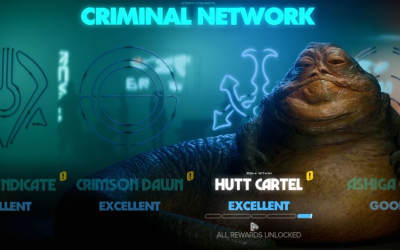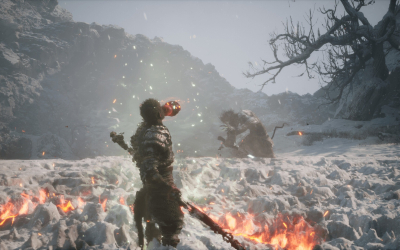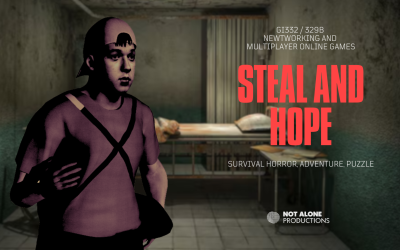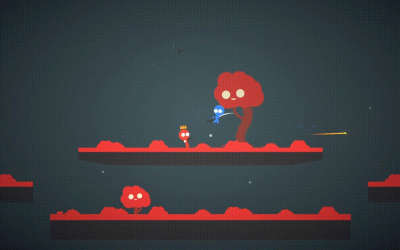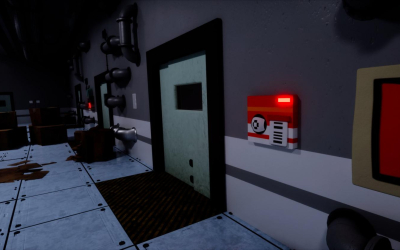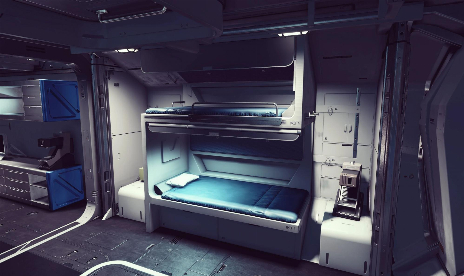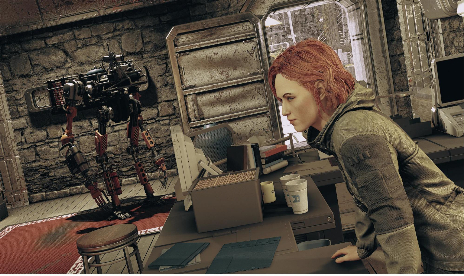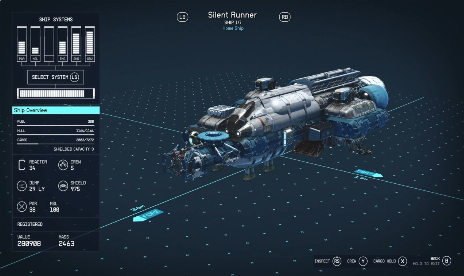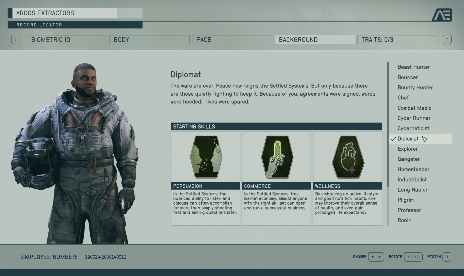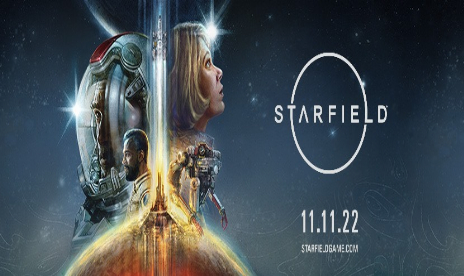The Best Character Traits in Starfield

In Starfield, you can choose up to three traits for your character. These traits significantly impact your gameplay, offering both advantages and unique challenges. Each trait comes with its own set of perks and potential drawbacks, making your decisions crucial for shaping your experience. Along with the background you chose, your choices will resonate throughout your adventure. Here are our top 5 traits that we think are best you should consider exploring further.
Hero Worshipped

The Hero Worshipped trait is one of the more amusing and beneficial traits you can select. When you pick this trait, an Adoring Fan will randomly pop up throughout your adventures, eager to assist you. This fan can become a valuable crew member on your ship, bringing along skills in Scavenging, Weight Lifting, and Concealment. These skills make him particularly useful for gathering items, sneaking during quests, or simply carrying your excess gear.
Is the Hero Worshipped trait useful? Absolutely. In the early game, having the Adoring Fan as your first companion can be a game-changer. He’s not overly intrusive, and his occasional gifts are a nice bonus. However, if you find his presence more annoying than helpful, you can always persuade him to leave or, if you’re feeling ruthless, get rid of him permanently. Just remember, once he’s gone, he won’t be replaced.
Pros:
- Companion Skills: The Adoring Fan brings useful skills in Scavenging, Weight Lifting, and Concealment, which can be beneficial for various tasks.
- Early Companion: He appears early in the game and can be your first crew member, making your initial adventures smoother.
- Gifts: Occasionally gives you presents, which can be helpful.
Cons:
- Persistent Presence: The Adoring Fan can be a bit intrusive as he pops up randomly and follows you around.
- Permanent Decision: If you choose to get rid of him, another fan won’t spawn, making the decision final.
Kid Stuff
Opting for the Kid Stuff trait means that your character’s parents are alive and well, residing in an apartment in New Atlantis. Visiting them can be a heartwarming break from your interstellar escapades, and they often give you unique gifts like Sir Livingstone’s Pistol and Gran-Gran’s Spacesuit.
However, this trait comes with a financial cost. Every in-game week, 2% of your credits are automatically sent to your parents. This deduction increases as you earn more, which can be a burden if you’re saving up for that next big upgrade. If the cost becomes too high, you can remove the trait by talking to your dad, but this means your parents will move away and the gifts will stop coming.
Pros:
- Family Interactions: Adds a unique narrative element by allowing you to visit your parents and engage in heartwarming interactions.
- Unique Gifts: Parents provide unique items that are otherwise hard to obtain, like Sir Livingstone’s Pistol and Gran-Gran’s Spacesuit.
Cons:
- Credit Deduction: You lose 2% of your credits every in-game week, which can add up as you earn more money.
- Permanent Loss: If you choose to remove the trait, your parents move away, and you lose the chance to receive more gifts.
Wanted
The Wanted trait is for those who thrive under pressure. With this trait, you get a damage boost when your health is low, which can turn the tide in desperate situations. However, there’s a catch: bounty hunters will periodically hunt you down, leading to intense space battles.
These encounters can be challenging, especially if your ship isn’t well-equipped or if you’re not skilled in ship combat. On the upside, defeating these bounty hunters can yield valuable loot and contribute to your Piloting skill progression. If the constant threat becomes too much, you can pay a bounty hunter on Mars to remove the trait.
Pros:
- Damage Boost: Provides increased damage when your health is low, which can be a lifesaver in tough battles.
- Loot and Experience: Defeating bounty hunters can yield valuable loot and help you progress in your Piloting skill.
Cons:
- Constant Threat: Regular attacks from bounty hunters can be stressful and challenging, especially if your ship isn’t well-equipped.
- Removal Cost: Getting rid of the trait involves paying off a bounty hunter, adding an extra expense.
Extrovert
For players who enjoy companionship, the Extrovert trait is a must-have. This trait reduces the oxygen you consume when adventuring with a human companion, making exploration less taxing. However, if you find yourself alone, you’ll use more oxygen, so this trait is best for those who rarely travel solo.
The Extrovert trait pairs exceptionally well with the Empath trait, enhancing your overall experience when adventuring with a buddy. It’s perfect for players who plan to make the most out of their companions’ company throughout their journey.
Pros:
- Oxygen Efficiency: Reduces oxygen consumption when adventuring with a human companion, making exploration less taxing.
- Companion Synergy: Pairs well with traits like Empath, enhancing overall gameplay when traveling with a buddy.
Cons:
- Solo Drawback: Increases oxygen consumption when traveling alone, making solo adventures more challenging.
- Limited Use: Only beneficial if you frequently have a human companion with you.
Empath
The Empath trait rewards you for actions that please your companions, boosting your combat effectiveness. Conversely, actions they disapprove of will hinder your combat abilities. This trait encourages you to build positive relationships with your crew, fostering a more immersive and interactive experience.
Given that most companions appreciate friendly and good-natured behavior, gaining combat boosts is relatively easy. If you ever make a choice they dislike, you can always revert to a previous save to maintain your positive rapport.
Pros:
- Combat Boosts: Improves combat effectiveness when performing actions your companion likes, giving you an edge in battles.
- Positive Interactions: Encourages building strong relationships with your companions, adding depth to the gameplay.
Cons:
- Negative Impact: Performing actions your companion dislikes can hinder your combat abilities, which might require careful decision-making.
- Dependency: Effectiveness is tied to companion approval, potentially limiting your choices.

- Secure Software (Virus checked, GDPR-compliant)
- Easy to use: get ready in less than 5 min
- More than 5300+ supported Games
- +1000 Patches every month & Support






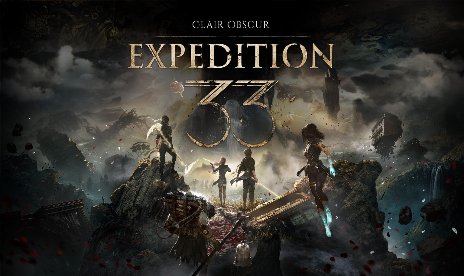
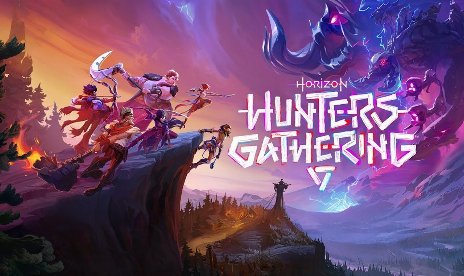

![The Rogue Prince of Persia v1.0.4 (+9 Trainer) [LinGon]](https://9588947a.delivery.rocketcdn.me/wp-content/uploads/2026/02/The-Rogue-Prince-of-Persia-01-464x276.jpg)
![Final Fantasy VII Remake Intergrade v1.0-v20260122+ (+24 Trainer) [FLiNG]](https://9588947a.delivery.rocketcdn.me/wp-content/uploads/2024/01/ff7ri-464x276.jpg)
![DuneCrawl v1.0 (+3 Trainer) [PLAYMAGiC]](https://9588947a.delivery.rocketcdn.me/wp-content/uploads/2026/02/DuneCrawl-01-scaled-464x276.jpg)
